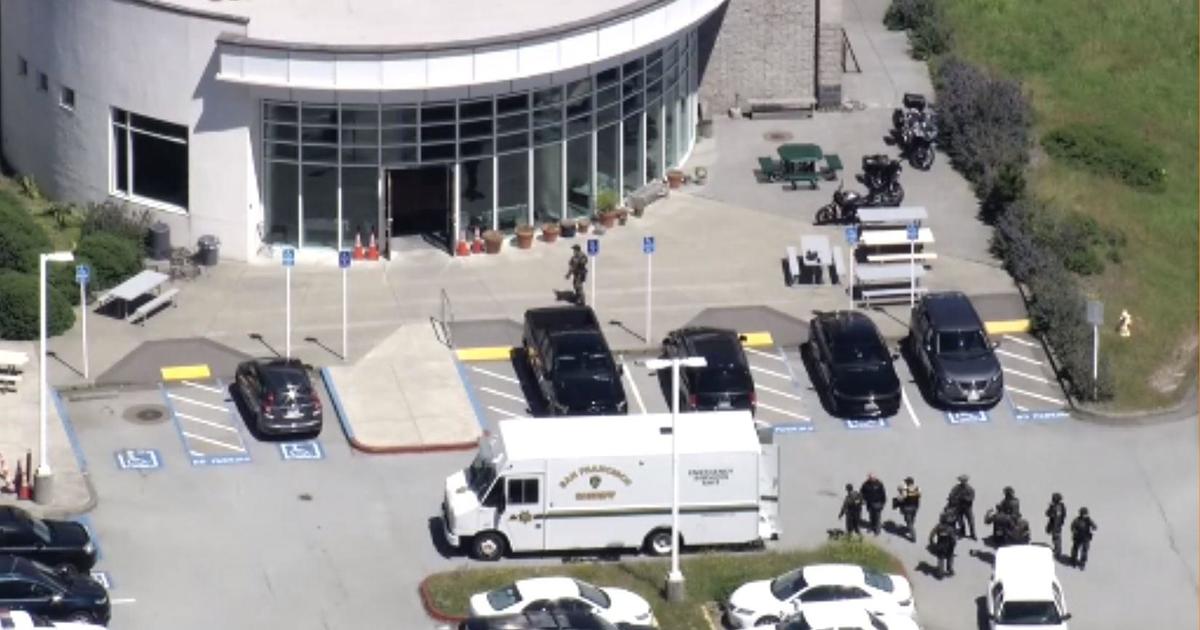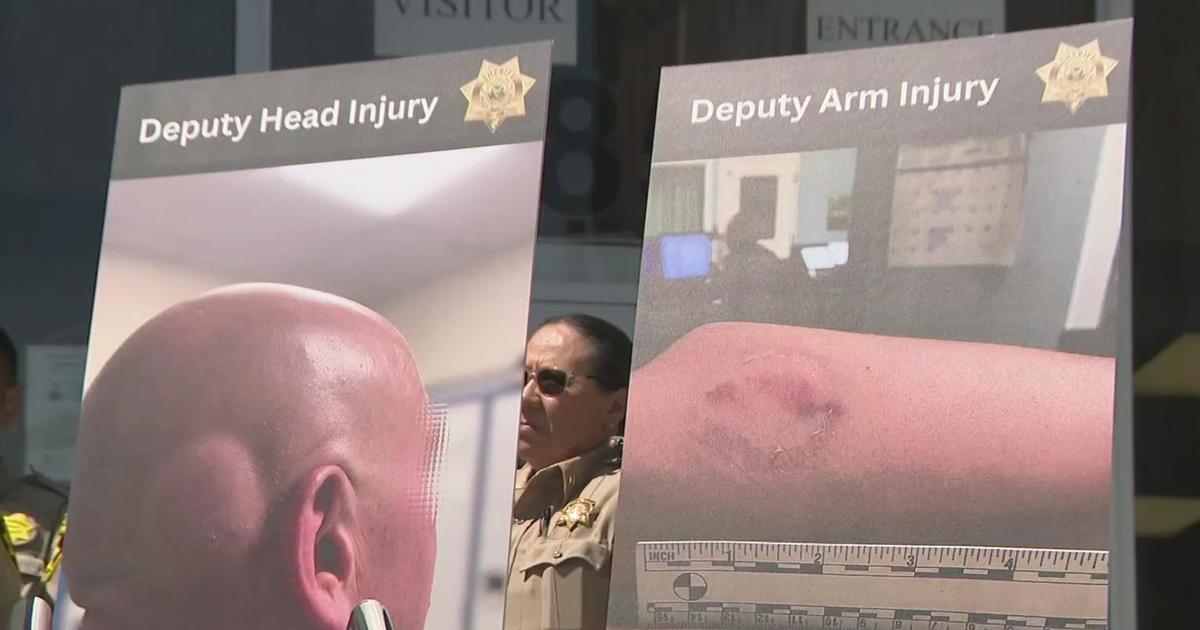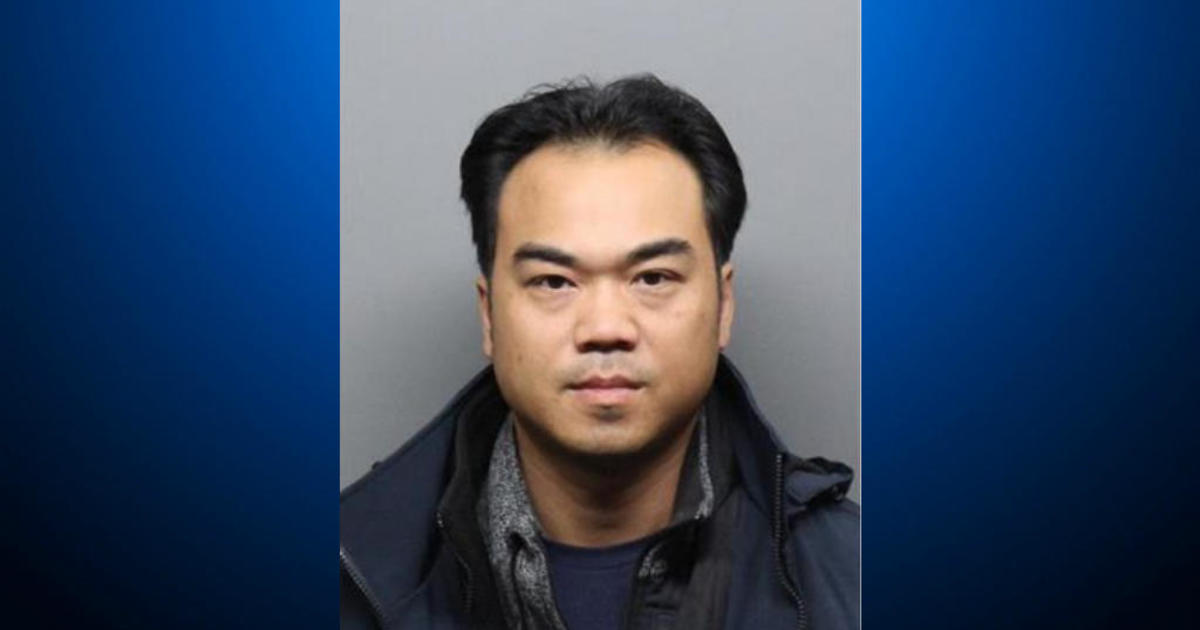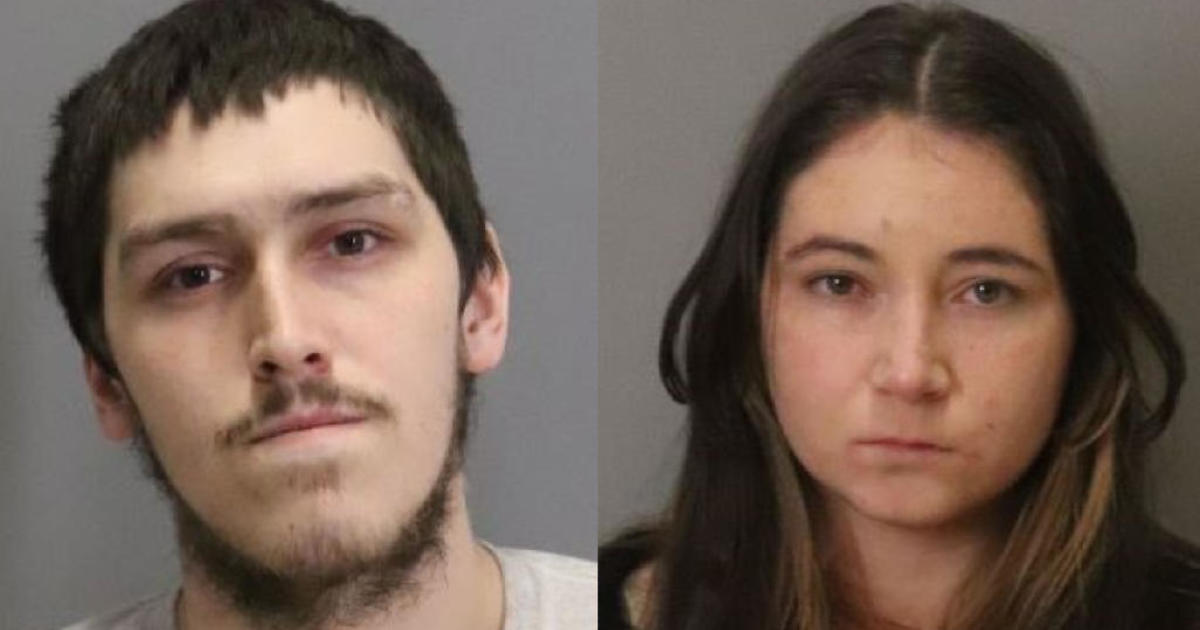Accused NorCal Serial Killer Naso Begins Closing Arguments
SAN RAFAEL (CBS SF) - Joseph Naso, the former models and portrait photographer accused of killing four female prostitutes in Northern California between 1977 and 1994, attacked the prosecution's case Friday during a 3 ½-hour closing statement in Marin County Superior Court.
When Friday's court session ended around 4:15 p.m., Naso told Judge Andrew Sweet he has another hour to 90 minutes of his closing argument for Monday morning.
Deputy District Attorney Rosemary Slote will then give a rebuttal to Naso's closing statement before the jury begins deliberations.
Naso, who is representing himself with the help of advisory counsel in the capital punishment case, said the prosecution's case consists of "speculation, opinion, conjecture and weak circumstantial evidence."
At various times on Friday, Naso, 79, of Reno, said the prosecution is trying to "confuse, mislead and inflame the jury."
Accused NorCal Serial Killer Begins Closing Arguments
Slote told the jury Wednesday Naso targeted prostitutes because he knew they willing got in strangers' cars. She said Naso took them home, isolated them, strangled them and dumped their bodies along rural roads in Marin, Contra Costa and Yuba counties.
The prosecution has presented DNA evidence it claims links Naso to the murders of 18-year-old Roxene Roggasch, of Oakland, whose body was found in Marin County in 1977, and Carmen Colon, 22, an East Bay resident whose badly decomposed body was found in Contra Costa County in 1978.
DNA was extracted from Colon's fingernail clippings and from pantyhose Roggasch was wearing inside out when their bodies were found. Naso's wife's DNA also was found on pantyhose that was wrapped around Roggasch's neck, according to evidence presented during the trial that started in June.
Naso told the jury the DNA evidence is circumstantial, and could have been contaminated or mismatched during a comparison with his DNA.
Naso said the DNA found in semen on Roggasch's pantyhose could have come from him or any other man or men who might have had sex with her before she died.
"The prosecution doesn't have any evidence that I was involved with her demise. At best they can prove I had sex with her, and I deny it," Naso said.
Slote and Deputy District Attorney Dori Ahana also presented excerpts from a diary Naso kept between 1950 and 1970. The diaries describe rapes of women in several cities in the country and one in London, England. Naso writes he was "overcome with lust," "driven by lust" and unable to control himself.
Naso said the diaries depicting "uncharged sex offenses" should not be in evidence. He said the prosecution was "conducting a trial within a trial."
"My activities with women in the past are not relevant in the case," he said. "I'm not on trial for sexual assault."
Also in evidence is a handwritten list found in Naso's home containing the words "girl near Loganitas (sic)," "girl near Port Costa," "girl from Linda (Yuba County)," and "girl from MRV (Cemetery)."
The prosecution claims those entries refer to where the bodies of Roggasch, Colon, Pamela Parsons, 38, and Tracy Tafoya, 31, were found.
Parsons body was found in 1993 in Yuba County and Tafoya's body was found in 1994 near Marysville Cemetery in Yuba County.
Naso called the list "vague writings, vague questions and vague theories that are not relevant to the case."
Slote and Ahana also presented evidence that newspaper articles about Tafoya's and Parsons' murders and their obituaries were found in Naso's safe deposit box in a Reno, Nev. bank. Naso told the jury he is a "pack rat and a hoarder," and it is not unusual for someone to collect newspaper articles.
Naso admitted he picked up Parsons when she was hitchhiking, took her home and photographed her. He said he never harmed or sexually assaulted his models or expected to have sex with them during photography sessions.
"I never mix business with pleasure," he said.
Naso told the jury he lived in the same areas where all four women were living at the time of their deaths, but that it doesn't mean he killed them.
He said the prosecution has not linked him with any of the deaths, he was never seen with the women on the last day they were seen alive, and there is no proof the same person or persons are responsible for their deaths.
There also is no evidence all four were murdered because the causes of Tafoya's and Colon's deaths are unknown, Naso said.
The prosecution maintains all four women died violently from strangulation.
The trial resumes Monday at 9:30 a.m.
(Copyright 2013 by CBS San Francisco and Bay City News Service. All Rights Reserved. This material may not be published, broadcast, rewritten, or redistributed.)



